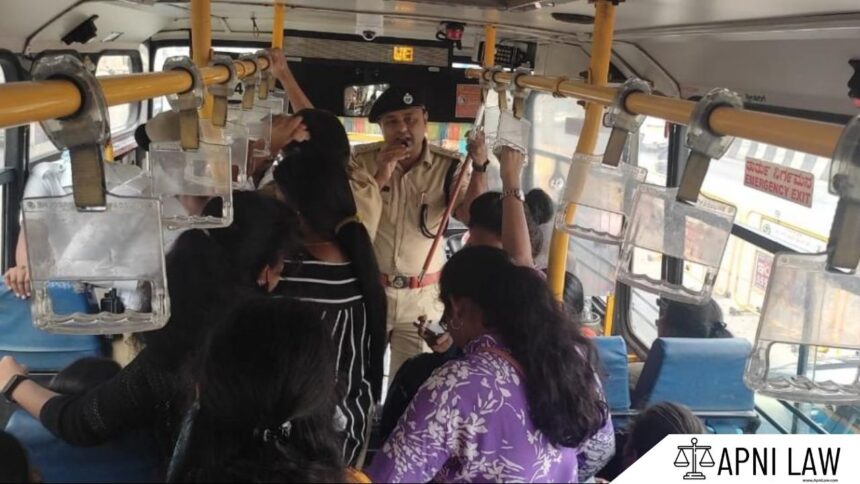Court Highlights Persistent Harassment in Public Spaces: Delhi High court
The Delhi High Court has expressed concern over the continued harassment of women in public spaces, despite decades of independence and stringent laws in place. The court emphasized that true empowerment begins with the fundamental right to live and move freely without fear.
Case Background
The court was hearing a plea by a man challenging his conviction under Sections 354 (assault or criminal force to outrage a woman’s modesty) and 509 (insulting a woman’s modesty through words, gestures, or actions) of the Indian Penal Code, 1860.
The accused was found guilty of making inappropriate gestures and winking at the complainant in a public bus. When the complainant objected, he allegedly held and forcibly kissed her. The incident led to public intervention, with a co-passenger asking him to leave, but he persisted.
Court’s Observations
Justice Swarana Kanta Sharma remarked that the incident highlights the alarming reality that women still face harassment in public spaces, including public transport, where they should feel safe. The court noted that stringent laws exist to protect women’s dignity and autonomy, yet offenders continue to act with impunity, believing they can evade consequences.
The court stressed that silence and inaction enable perpetrators and that society has a collective duty to stand against harassment. It asserted that creating an environment free from harassment, humiliation, and fear is essential for genuine women’s empowerment.
Conviction Upheld
Upholding the conviction, the court noted that witness testimonies, including those of the bus conductor and another passenger, supported the complainant’s version of events. It emphasized that sexual offenses are often opportunistic crimes and do not always require a prior acquaintance or explicit motive.
The court observed that incidents like these expose not only the audacity of offenders but also the societal apathy that often follows. It questioned whether the complainant would have received justice had she been alone or had no one intervened.
Call for Collective Responsibility
Justice Sharma concluded that the case serves as a stark reminder that silence emboldens offenders. The judgment reinforced that every individual has a duty to take a stand against harassment and uphold the rule of law to ensure women’s safety in public spaces.











